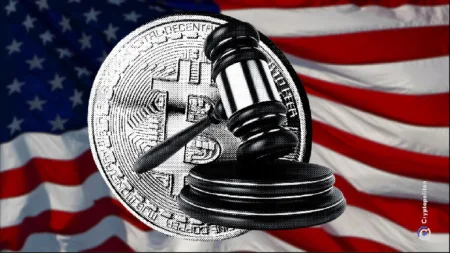In the ongoing legal saga between Ripple and the SEC, the crypto company’s chief legal officer, Stuart Alderoty, drew a striking parallel between the regulator’s handling of the case and Franz Kafka’s renowned novel, “The Trial.”
The defendant in Kafka’s “The Trial” was treated more fairly than Ripple was by the SEC during the investigation and Wells Notice process.
— Stuart Alderoty (@s_alderoty) May 14, 2024
Alderoty’s comparison underscores Ripple’s contention that it has been unfairly treated by the regulatory body throughout the investigation and Wells Notice process. Some argue that this case is emblematic of a broader trend, with other cryptocurrency firms, such as Robinhood or Coinbase, experiencing similar challenges in navigating the SEC’s inconsistent feedback.
Ripple v. SEC v. XRP
As of now, the SEC continues to pursue remedies against the San Francisco-based blockchain company, amounting to nearly $2 billion for selling XRP to institutional investors.
In response to the SEC’s motion for judgment and remedies, Ripple has filed to seal certain documents, citing concerns that their disclosure could cause significant harm to its business interests.
The requested redactions include highly confidential information regarding earnings, revenues, expenses and discounts at which XRP was sold to institutions. While Ripple acknowledges the relevance of its discounts to institutional buyers, it refuses to disclose specific financial and pricing terms.
Moreover, Ripple seeks to protect the identities of nonparty financial institutions, customers and employees, arguing that disclosure could be detrimental to their legitimate privacy interests and potentially damage business partnerships. Despite the SEC’s request for over $2 billion in fines and penalties, Ripple contends that any civil penalty should not exceed $10 million.
Read the full article here









